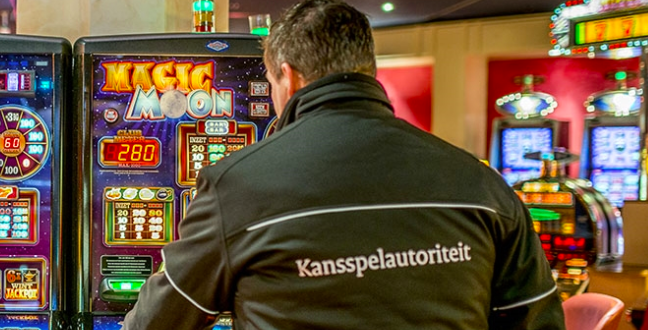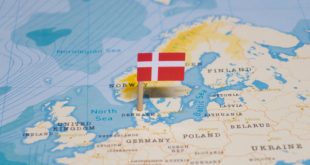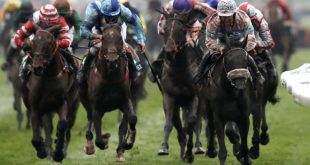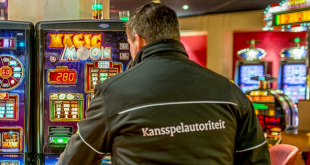Kansspelautoriteit (KSA) – the Netherlands gambling authority – has announced the appointment of its panel of experts that will provide oversight on involuntary registrations submitted to CRUKS – the central self-exclusion registry.
The launch of the KOA Regime on 1 October saw the Netherlands regulate its online gambling marketplace.
As a compliance command of the KOA Regime, all licensed operators must register their businesses and provide customers with direct access to the CRUKS centralised self-exclusion database.
Distinguished from standard European schemes, CRUKS allows for third parties, be it partners, friends or loved ones, to submit a request for involuntary self-exclusion.
Involuntary submission will be reviewed by KSA board of directors, who if granted will be able to self-exclude a player from participating in gambling for a minimum period of six months.
KSA confirmed that the CRUKS panel will be led by Dutch healthcare expert Bas Brons, clinical psychologist Mieke Hoste and addiction and treatment specialist Marcel Marijnissen.
“It is a drastic decision to forcibly exclude someone from gambling. “ ” the KSA statement read
“Forced exclusion is the ultimate remedy; other, less intrusive measures must first be tried. In order to be able to make good decisions, the board of directors can therefore call on the expert pool.”
CRUKS policies and procedures had been formally approved by a review carried out by Dutch Minister for Legal Protection Sander Dekker.
Standard self-exclusion referrals will simply require a player to submit their Dutch DigiD identification to be immediately registered on the central database.
However, following CRUKS legal review, concerns were noted with regards to third-party involuntary registrations infringing on consumer rights.
It was determined that third party referrals could not be immediately processed as players maintained a right to know who submitted them for self-exclusion and to challenge the involuntary order.
As a result, third parties must submit a ‘case file’ outlining accounts of gambling disorders and concerns related to a player’s gambling habits.
KSA stated that it would look to review involuntary case-file submissions within a six week period, providing a judgement on third party interventions.









